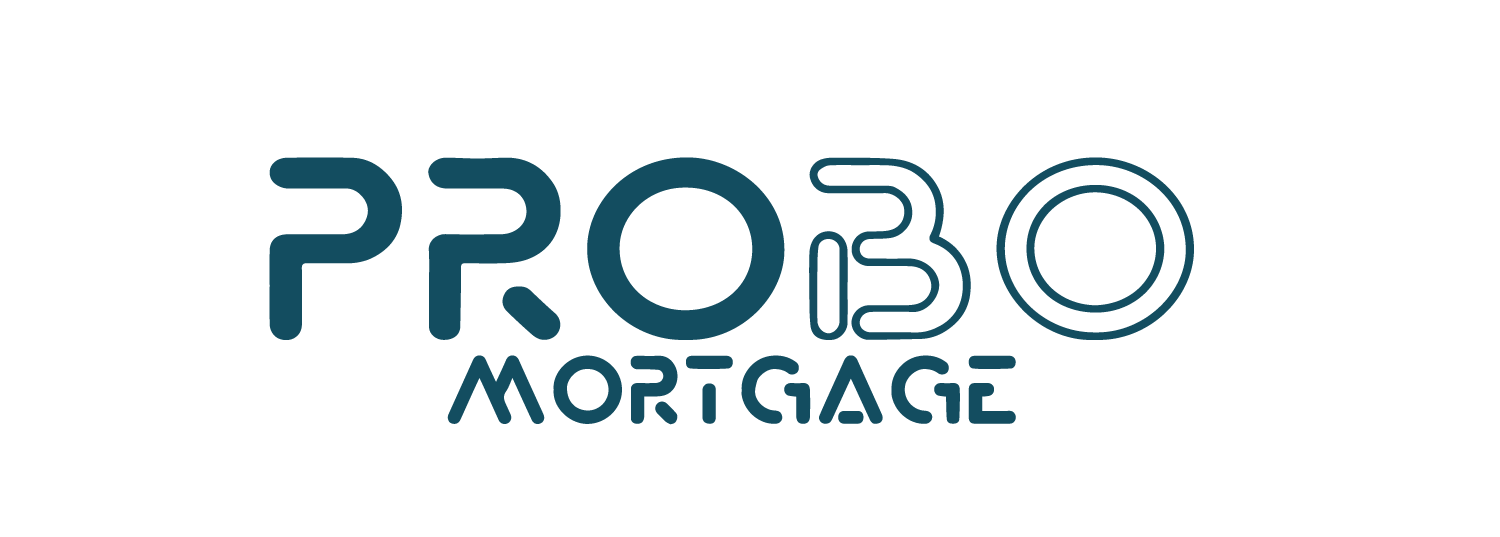If you are a non-resident in Dubai and have been considering purchasing a property, you may have come across the term “mortgage.” A mortgage is essentially a loan taken out to finance the purchase of a property. While it may seem like a daunting process for non-residents, obtaining a Mortgage for Non-Residents in Dubai is actually quite achievable with the right guidance and information. In this blog article, we will discuss everything you need to know about applying for a mortgage as a non-resident in Dubai. From the eligibility requirements to the application process and potential challenges, we’ve got you covered.
Why Dubai is a top destination for property investment
Dubai has long been considered a top destination for property investment, and it’s not hard to see why. With its booming economy, strategic location, and luxurious lifestyle, Dubai offers numerous opportunities for investors looking to diversify their portfolio or secure a stable income through rental properties. One of the main reasons why Dubai is a top destination for property investment is its strong and rapidly growing economy. The city has managed to transform itself from a small fishing village into a global hub for business, trade, and tourism in just a few decades.
Additionally, there are no restrictions on foreign ownership of freehold properties in designated areas of Dubai. For those interested in securing property, a Mortgage for Non-Residents in Dubai can be an effective solution to facilitate their investment. Another factor that contributes to Dubai’s popularity among property investors is its luxurious lifestyle offerings, which make it an even more desirable location for both residents and non-residents alike. Investors seeking a Mortgage for Non-Residents in Dubai can find attractive financing options available to help them achieve their investment goals.
Challenges non-residents face when applying for a UAE mortgage
Dubai is a prime location for investment and residency, attracting non-residents with its thriving economy, luxurious lifestyle, and tax-free environment. However, applying for a Mortgage for Non-Residents in Dubai can be challenging. One major hurdle is meeting the eligibility criteria set by banks, which often require a valid residence visa with at least six months’ remaining validity. Non-residents also face currency exchange risks, as mortgages are typically in AED, and fluctuations in exchange rates can affect monthly payments.
Additionally, interest rates in Dubai are linked to market conditions, meaning they can fluctuate over time, adding uncertainty for borrowers. Navigating the legal complexities of property ownership and financing as a non-resident can also be overwhelming, with potential delays and complications in the process. While Dubai offers enticing investment opportunities, non-residents must understand these challenges and seek professional guidance to navigate the Mortgage for Non-Residents in Dubai application successfully.

Common Challenges and How to Overcome Them
Applying for a mortgage as a non-resident in Dubai can be challenging, but it’s manageable with preparation. Key obstacles include meeting strict eligibility criteria, such as a stable income, good credit score, and a large down payment. Mortgage for Non-Residents in Dubai requires proving financial stability, and non-residents without local employment or credit history may find this difficult. Researching and comparing lenders who offer more flexible terms for non-residents can help, and providing proof of employment and creditworthiness from your home country can strengthen your application. Non-residents may also face challenges understanding the legal processes of property purchase in Dubai. Mortgage for Non-Residents in Dubai often requires guidance through these legalities.
Seeking advice from lawyers or real estate experts familiar with non-resident transactions is essential. Additionally, language barriers can complicate the process, as official documents must be in Arabic. Hiring a translator can ensure accurate translations and prevent miscommunication. Fluctuating interest and currency exchange rates can affect the total cost of a mortgage. To mitigate this, research market trends and consult financial experts to select the best mortgage option. With proper preparation and guidance, non-residents can increase their chances of securing a mortgage in Dubai.
Managing currency exchange risks
Non-residents applying for a mortgage in Dubai often face the challenge of currency exchange risks. This occurs when fluctuations in exchange rates between their home currency and the UAE dirham (AED) lead to potential financial losses. Since most Dubai banks require mortgage payments in AED, regular currency conversions can expose non-residents to unfavorable rate changes. To minimize this risk, it’s essential to understand currency exchange dynamics and adopt strategies for effective management. Here are some helpful tips:
1. Stay informed about exchange rates:
Keep track of current exchange rates and how they are likely to change in the future. This will help you make informed decisions about when to convert your funds into AED.
2. Hedge against risks:
Consider using hedging tools like forward contracts or options through your bank or other financial institutions. These allow you to lock-in an exchange rate for a specific period, protecting you from potential losses due to unfavorable rate fluctuations.
3. Diversify your portfolio:
Instead of converting all your funds at once, consider spreading out your conversions over time. This diversification strategy can help minimize risks by averaging out any potential gains or losses due to fluctuating rates.
Dealing with higher down payments
Non-residents applying for a Mortgage for Non-Residents in Dubai often face higher down payments, typically around 25% or more, due to perceived risks such as limited credit history, job instability, and currency exchange fluctuations. To increase loan approval chances and reduce long-term interest costs, it’s crucial to save in advance. Exploring various mortgage types may also help, as some Dubai banks offer special loans for expats with lower down payment requirements.
If you can’t meet the 25% down payment, consider asking family or friends who are residents to act as guarantors or co-signers to strengthen your application. Maintaining good financial habits, like stable income, a strong debt-to-income ratio, and a solid credit score, can also improve your chances for better terms. For those seeking options, a Mortgage for Non-Residents in Dubai can be tailored to fit specific needs. Planning, research, and seeking professional advice from mortgage brokers can help you navigate the process and secure the best financing option.
Your Path to Property Ownership in Dubai
If you are a non-resident looking to purchase property in Dubai, you may be feeling overwhelmed and unsure of where to start. The process can seem daunting, especially when it comes to applying for a Mortgage for Non-Residents in Dubai. But don’t worry, we are here to guide you through every step of the way and help make your dream of property ownership in Dubai a reality.
1. Determine your eligibility:
The first step towards owning a property in Dubai is understanding if you are eligible for a mortgage as a non-resident. According to the UAE Central Bank guidelines, non-residents can apply for financing up to 75% of the property value or purchase price (whichever is lower). You will also need to meet certain requirements such as having a valid passport and residence visa with at least 6 months validity remaining, proof of income and employment status, and a good credit history.
2. Choose the right bank:
There are many banks in Dubai that offer mortgages for non-residents, each with their own set of terms and conditions. It’s important to do your research and compare different options before choosing one that suits your needs best. Look into factors like interest rates, loan tenure, processing fees, prepayment penalties, etc.
3. Prepare necessary documents:
Once you have chosen a bank, the next step is gathering all the required documents for your mortgage application. These typically include copies of your passport and residence visa, salary certificates or employment contract from your employer proving income stability, bank statements for the last 3-6 months showing regular salary deposits, credit report from your home country (if available), etc.
4. Get pre-approved:
Before starting your property search or making an offer on a specific property, it’s advisable to get pre-approved by the bank first. This will give you an idea of how much financing you are eligible for and will also show sellers that you are a serious buyer.

How to prepare for the application process
Preparing for the application process for a Mortgage for Non-Residents in Dubai can seem like a daunting task. However, with proper planning and organization, you can make the process much smoother and increase your chances of getting approved.
1. Determine your eligibility:
The first step in preparing for the application process is to determine if you are eligible for a Mortgage for Non-Residents in Dubai. This will include factors such as your income, credit score, and employment status. It is important to research the requirements of different lenders before applying to ensure that you meet their criteria.
2. Gather required documents:
As a non-resident, you will likely be required to provide additional documentation compared to residents when applying for a mortgage in Dubai. These may include proof of income from your home country, bank statements, tax returns, and employment contracts. It is important to have these documents ready before starting the application process to avoid any delays or complications.
3. Save for a down payment:
Most lenders in Dubai require a down payment of at least 20% of the property value from non-residents seeking a Mortgage for Non-Residents in Dubai. It is important to save up for this amount before applying for a Mortgage for Non-Residents in Dubai, as it shows financial stability and increases your chances of approval.
Conclusion:
Securing a mortgage as a non-resident in Dubai can be challenging, but with the right guidance, it’s possible. To qualify for a Mortgage for Non-Residents in Dubai, you’ll need a valid UAE residence visa for at least 6 months, proof of income, a good credit score, and a 20% down payment. Find a lender offering non-resident mortgage options, or consult a broker to compare rates. Be mindful of additional costs like registration, legal, and valuation fees. Carefully review the mortgage agreement to avoid hidden fees. Our team is here to help guide you through the process and make your Dubai property ownership dream a reality.
FAQs:
- Can non-residents really apply for a mortgage in Dubai?
Yes, Dubai offers mortgage options for non-residents. With the right documentation and guidance, securing a mortgage as a non-resident is achievable. - What documents are required for non-resident mortgage applications?
Typically, you’ll need your passport, proof of income, bank statements, and any property-related documents. Additional requirements may vary by lender. - Do non-resident mortgages have higher interest rates?
Interest rates for non-resident mortgages may be slightly higher than those for residents. However, competitive rates are available with the right lender. - Is there a minimum income requirement for non-resident applicants?
Yes, lenders generally have minimum income thresholds. These can vary, so it’s best to consult with a mortgage advisor to understand the specific requirements.






